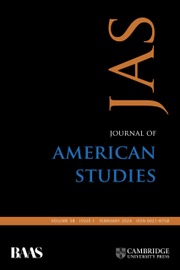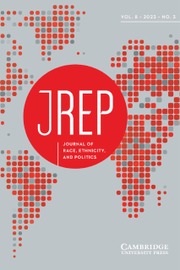Robotica
Speech Rights and Artificial Intelligence
£19.99
- Authors:
- Ronald K. L. Collins, University of Washington
- David M. Skover, Seattle University
- Date Published: May 2018
- availability: In stock
- format: Paperback
- isbn: 9781108448710
£
19.99
Paperback
Other available formats:
Hardback, eBook
Looking for an inspection copy?
This title is not currently available on inspection
-
In every era of communications technology - whether print, radio, television, or Internet - some form of government censorship follows to regulate the medium and its messages. Today we are seeing the phenomenon of 'machine speech' enhanced by the development of sophisticated artificial intelligence. Ronald K. L. Collins and David M. Skover argue that the First Amendment must provide defenses and justifications for covering and protecting robotic expression. It is irrelevant that a robot is not human and cannot have intentions; what matters is that a human experiences robotic speech as meaningful. This is the constitutional recognition of 'intentionless free speech' at the interface of the robot and receiver. Robotica is the first book to develop the legal arguments for these purposes. Aimed at law and communication scholars, lawyers, and free speech activists, this work explores important new problems and solutions at the interface of law and technology.
Read more- Offers a new theory of First Amendment speech rights that covers robotic expression
- Describes the evolution of communications technologies and government efforts to censor them
- Proposes a First Amendment theory of utility to justify protection for robotic expression
Reviews & endorsements
'Collins and Skover have long been among the finest minds focused on free expression in America. In this remarkable book, they now turn insightfully to an incredibly complex and timely issue associated with 'robotic expression': how should the First Amendment handle contests involving regulation of 'robot speech' as artificial intelligence grows rapidly in prominence? This book conveys their deep knowledge - and the knowledge of other noted scholars - of the history, law, and technology that inform the way we should think about this emerging field of constitutional inquiry.' John Palfrey, Head of School at Phillips Academy, Massachusetts; former Executive Director of the Berkman Center for Internet and Society, Harvard University, Massachusetts; and author of Born Digital
See more reviews'Collins and Skover have produced a wonderfully readable, thorough, and insightful exploration of the intersection of technology and free speech theory, from the beginning of time well into the future. If any current scholarly work of free speech theory survives into the next century, it will undoubtedly be this book.' Martin Redish, Louis and Harriet Ancel Professor of Law and Public Policy, Northwestern University Law School, Illinois, and author of The Adversary First Amendment: Free Expression and the Foundations of American Democracy
Customer reviews
Not yet reviewed
Be the first to review
Review was not posted due to profanity
×Product details
- Date Published: May 2018
- format: Paperback
- isbn: 9781108448710
- length: 178 pages
- dimensions: 228 x 150 x 10 mm
- weight: 0.32kg
- availability: In stock
Table of Contents
The thesis
Ronald Collins and David Skover
Prologue: technology and communication
1. The progress and perils of communication
2. Robots and their receivers
3. The new norm of utility
Epilogue: from Areopagitica to Robotica
The commentaries
Robotica in context: an introduction to the commentaries Ryan Calo
The age of sensorship Jane Bambauer
Speech in, speech out James Grimmelmann
An old libel lawyer confronts Robotica's brave new world Bruce E. H. Johnson
What's old is new again (and vice-versa) Helen Norton
Reply Ronald Collins and David Skover
Robotica refined.
Sorry, this resource is locked
Please register or sign in to request access. If you are having problems accessing these resources please email [email protected]
Register Sign in» Proceed
You are now leaving the Cambridge University Press website. Your eBook purchase and download will be completed by our partner www.ebooks.com. Please see the permission section of the www.ebooks.com catalogue page for details of the print & copy limits on our eBooks.
Continue ×Are you sure you want to delete your account?
This cannot be undone.
Thank you for your feedback which will help us improve our service.
If you requested a response, we will make sure to get back to you shortly.
×
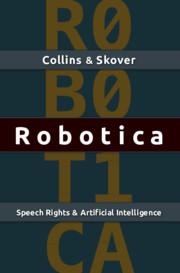

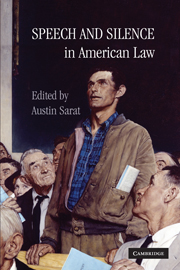
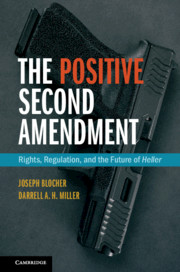
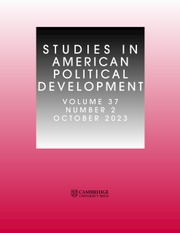
.jpg)

